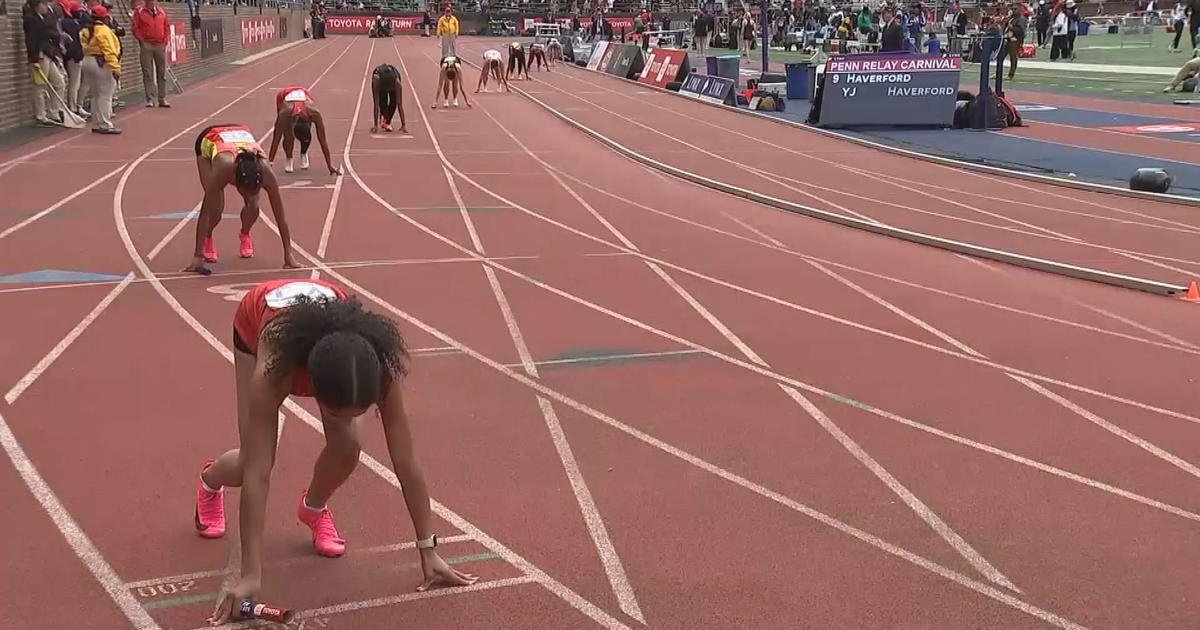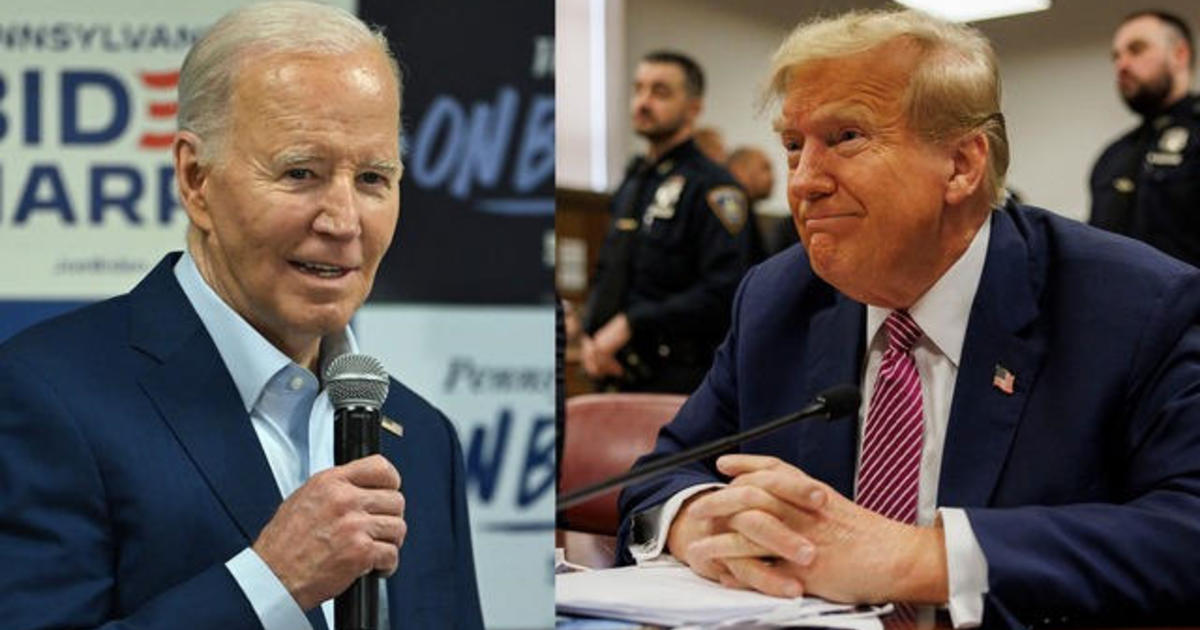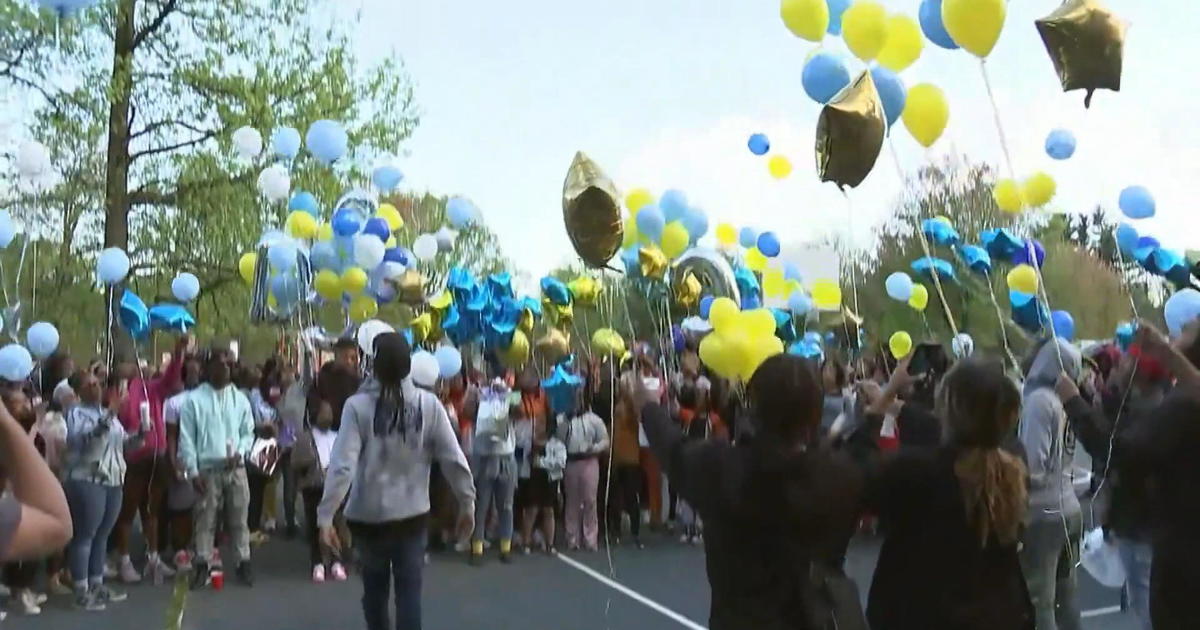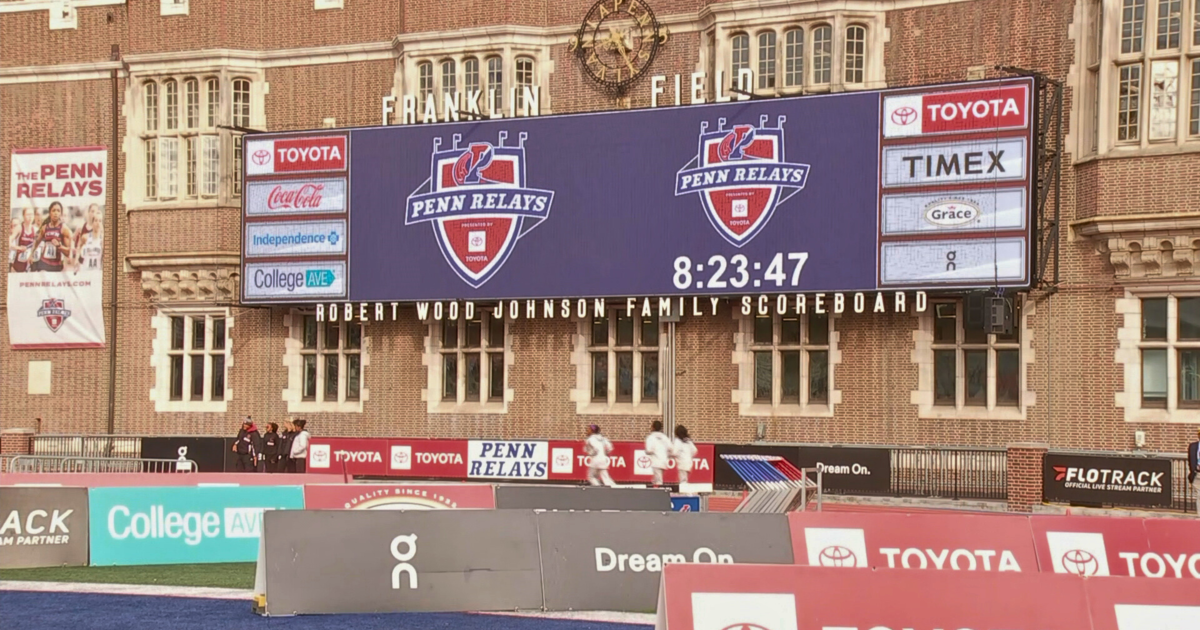More Than 450,000 Votes Cast Before Anyone Had Seen Trump's Tape
By Jennifer Agiesta CNN Polling Director
PHILADELPHIA (CNN) -- More than 450,000 Americans had locked in their votes for president before Hillary Clinton and Donald Trump met on stage for a contentious debate Sunday night, and even before the revelation of a video where Trump can be heard making sexually aggressive and lewd remarks about women, according to early vote returns from across the United States.
In 27 states where data have been made available so far, early votes have been cast or absentee ballots returned by at least 455,878 people.
In most of those states, the data cover a period through Thursday, the day before news broke of the 2005 video of Trump, others cover a period ending earlier, and no state total can reflect ballots that had been mailed but not yet received or tallied by election officials, meaning the total number of votes cast before Friday's campaign-altering news is likely greater.
The available data includes results from nine states where some recent polls have found a tight race between Clinton and Trump that will be critical to the outcome of the presidential election -- Florida, Nevada, North Carolina, Ohio, Michigan, Iowa, Colorado, Wisconsin and Virginia. Those states make up a significant share of the votes cast so far, with about 190,000 total returned ballots or early votes coming from those nine.
Iowa, which has tilted Trump in most polling so far, leads the way, with more than 77,000 votes cast, Wisconsin, more of a Clinton stronghold based on polling there, follows with 76,559. Both states are among those where election experts expect a significant share of the vote to be completed before Election Day.
The share of ballots cast early or absentee has been growing -- the 35% who voted that way in 2012 is more than double the 16% who cast ballots before Election Day in 2000. In 12 states in 2012, a majority of votes were cast early or absentee, including three states where all voters receive ballots by mail -- Colorado, Oregon and Washington. The number of states where a majority of voters make their choices before November 8 is expected to grow in 2016.
Voters reflected in these totals can cast ballots in multiple ways, either requesting and receiving an absentee ballot, which is then mailed back or dropped off in person. Some states require an excuse for casting such votes -- such as plans to be out of town, being away at school, long-term illness or a work schedule that prohibits voting on Election Day -- and states vary in how strictly those rules are enforced. Most states -- 37 for this year's balloting -- now also offer some form of in-person early voting, where any voter can go to a polling place before Election Day and cast a ballot for any reason.
The group of states where a majority of ballots are cast early already included the battlegrounds of Florida, Nevada, North Carolina and Colorado, as well as the population centers of Texas and California. More than four in 10 votes were cast early or absentee in Iowa in 2012, along with a third of votes in Ohio and a quarter in Michigan. Battlegrounds closer to the northeast, which tend to have more restrictive policies for voting early or absentee, including Virginia (12%), New Hampshire (10%) and Pennsylvania (5%) are less likely to have large blocks of votes cast before Election Day.
CNN has partnered with Catalist, a data company that works with progressive candidates and advocacy groups, academics and think tanks, to receive detailed early vote return information for the 2016 election. Catalist's voter list connects returned ballots with some demographic and registration-related information, such as party registration, gender and age, and allows a closer look at just who has already cast a vote in this year's election. CNN will receive updates to these data from Catalist regularly over the next 30 days.
In Iowa, where early voting began September 29, more than twice as many registered Democrats have cast votes so far as Republicans, even though Republicans have a slight edge in party registration overall in the state. But the Democrats edge in returned ballots is not quite as large as it was at this point in the campaign in 2012, when votes cast by registered Democrats outweighed Republicans by a nearly 3-to-1 margin.
But the partisan pattern is not the same in every battleground state. In North Carolina, where about 22,000 votes have been cast, those from registered Democrats only narrowly outpace those from registered Republicans, though Democrats have a nearly 10-percentage-point advantage in party registration overall. Still, that's a better rate for Dems than at this point in 2012, when almost twice as many registered Republicans had returned ballots than Democrats.
Other battleground states included in this data either have fewer than 10,000 ballots returned so far, or do not ask voters to affiliate with a party when they register.
Party registration does not necessarily equate to partisan vote in the presidential race or any other contest, and the actual votes from those returned ballots won't be reported until Election Day polls have closed in each state, but the numbers are the first hints at how effective each party has been in getting their own supporters to lock in their votes early.
The-CNN-Wire ™ & © 2016 Cable News Network, Inc., a Time Warner Company. All rights reserved.



